Kevin Babington was a legendary world-class Irish show jumper who proudly (and successfully) represented his homeland in the Olympics—as well as multiple Nations Cups, Championships, and grand prix around the world. Then, almost exactly three years ago in 2019, everything changed. He suffered a violent fall at the Hampton Classic and severely damaged his spine. He’s been paralyzed ever since.
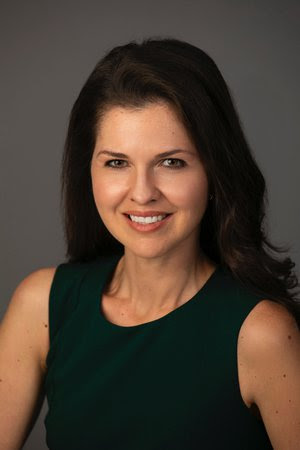
It’s the kind of tragic event that might break a man’s spirit. But it’s only made Kevin’s shine brighter.
Jeff Papows is the man who runs the foundation that was created in Kevin’s name as a venture to support Kevin and other equestrians who have suffered major injuries. For Jeff, Kevin is an inspiration, daily. “Look, I knew some heroes in the Marine Corps. Open and shut, absolute heroes. But there is nobody that I ever served with in uniform, more heroic than this gentleman, Kevin. With all of the horrors that he’s endured, I have not once heard him give up—even a little bit—or be anything other than magnanimous, unselfish, patient, and kind. I talk to him every other day, and the first thing he does is ask about my horses, and everybody else, even when he’s getting ready to go into an operating room for surgical interventions. So, when I think about it—all of the thousands of hours I’ve dedicated to the Kevin Babington Foundation—they add up to about 3% of the kindness that Kevin displays on a daily basis.”
Kevin’s unbreakable spirit has made the difference.
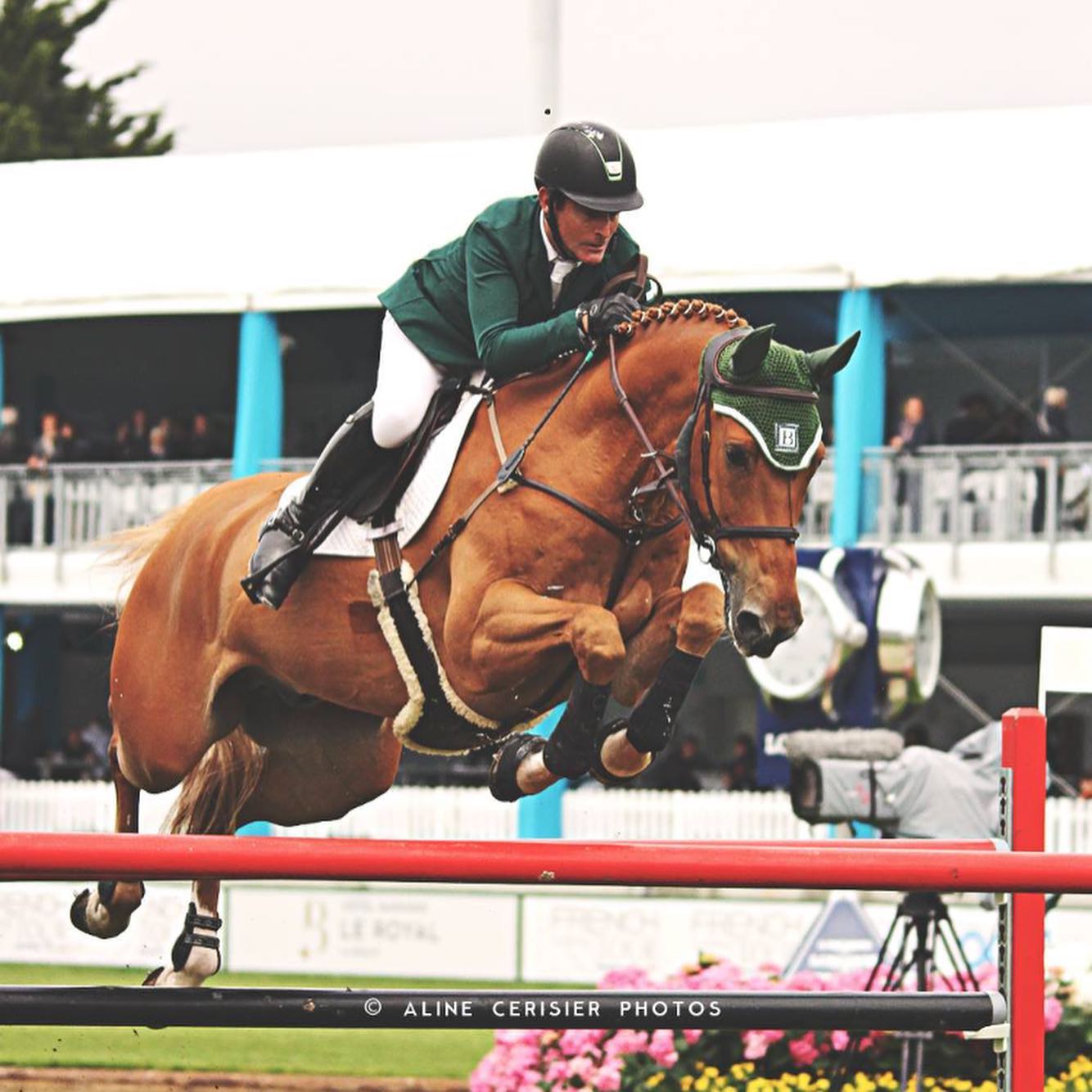
Three years ago, Kevin’s cataclysmic injury seemed like an ending. But it was really a beginning. The beginning of a journey that he’s taking with his old friend, Jeff, as they blaze new trails in the field of spinal injury recovery and equestrian safety. Yes, Kevin’s career as a champion athlete concluded with the fall. But since then, Kevin has emerged as a different kind of champion, in his fight for recovery, his fight to raise awareness, and his fight to help and inspire others—all while staying immersed in the sport.
Kevin’s ally in those fights is Jeff, a software business legend turned nonprofit impresario, who organizes and drives an impressive array of benevolent initiatives that directly facilitate access to cutting-edge therapeutic treatment for severely injured equestrians and innovation in preventative safety measures. Recently, I sat down with Jeff for a lengthy, wide-ranging interview. And, to be blunt, I was dazzled. Jeff is a dynamo in his own right. His personal journey is incredible. Just like Kevin’s. And as Jeff and I spoke, I realized that what I was hearing was a classic origin story of partnership, of fate conspiring to bring two people together, and the synergy that exploded when they did.
Jeff’s story begins in the Marine Corps, where he was an officer who specialized in “the spatial geometry of weapons” as it pertained to fighter aircraft, an operational focus that involved rudimentary computer science. Always modest, Jeff says, “I was the jerk in the backseat of F-4 Phantoms—Goose, if you’re familiar with Top Gun.” His military career was already piquing his interest in computers, but the light really went on when he happened to see a young man by the name of Steve Jobs on the cover of Time Magazine. Jeff’s intuition told him personal computers would be the next big thing, and he pursued that career with a vengeance. Within two years, Jeff started and then sold his first computer software company. He sold the next one he ran to Computer Associates. Jeff then turned the struggling tools company Cognos into a business intelligence play and took it public. After that, he went on to run Lotus, where he was “one of the two guys involved in reinventing email from what it was in the old days to what we use today.” He ended up becoming CEO of the company, which was purchased by IBM for about $3.5 Billion. One of my favorite stories has to do with Jeff ultimately befriending Steve Jobs, his original muse, and realizing that his first dinner with Steve was “analogous to eating with my horses,” because it turns out Steve was a staunch vegan. (Like me).
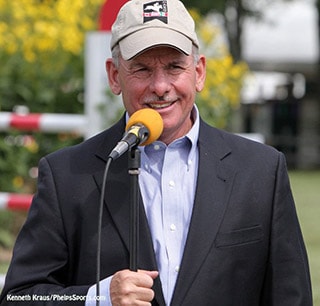
Along the way, he was bitten by the equestrian bug. The son of a carpenter, Jeff had never had the means to ride as a youth. But after retiring from IBM in 2001, he went to his first World Cup Finals in Las Vegas, fell in love with a horse named Roxette 7, and bought him on the spot. At age 43, Jeff decided to start riding horses. Not your typical Vegas love story… or your typical start to riding.
Despite Jeff’s being bucked off every day for the first six months of his riding career, the sport of show jumping is now his heart and soul—and so are the people in it. His expression of love for show jumping and our equine partners is rhapsodic. The tone in his voice softens as Jeff describes what he calls “the world’s most beautiful sport.” 25 years on, Jeff is still mystified by the horses and the feats they do out of “pure generosity.” His affectionate description of the sport is beautiful to listen to, and it’s rivaled only by his love for “his brother” Kevin. I could feel his compassion as he added, “If Kevin Babington needed a kidney this Friday, I would give it to him. If he needed a kidney this Friday, and I only had one, I would still give it to him. I would trade places with him, I would die for him—I love him like my twin brother.”
Kevin’s chronic high-spiritedness is still his hallmark, even though it’s been tested of late. And it’s just as resonant as it was when Jeff first encountered it 20 years ago, when the two men initially met. Fate brought the two men together at HITS Saugerties, where Jeff had his eye on one of Kevin’s horses. After giving the beautiful animal a test ride and managing a double clear (to Jeff’s own amazement), Jeff enthusiastically made an offer, and—in what Jeff calls a “singularly rare demonstration of integrity”—Kevin countered with a number that was lower. From there, the transaction went ahead smoothly, for the most part, aside from one small glitch: Kevin had to intercede when he discovered that Jeff’s team had accidentally loaded the wrong horse into the trailer on its way to the horse’s new home in Massachusetts. They had accidentally loaded Kevin’s grand prix mare, who was scheduled to show later that day! Kevin and Jeff laughed about it hysterically. And they’ve been brothers ever since.
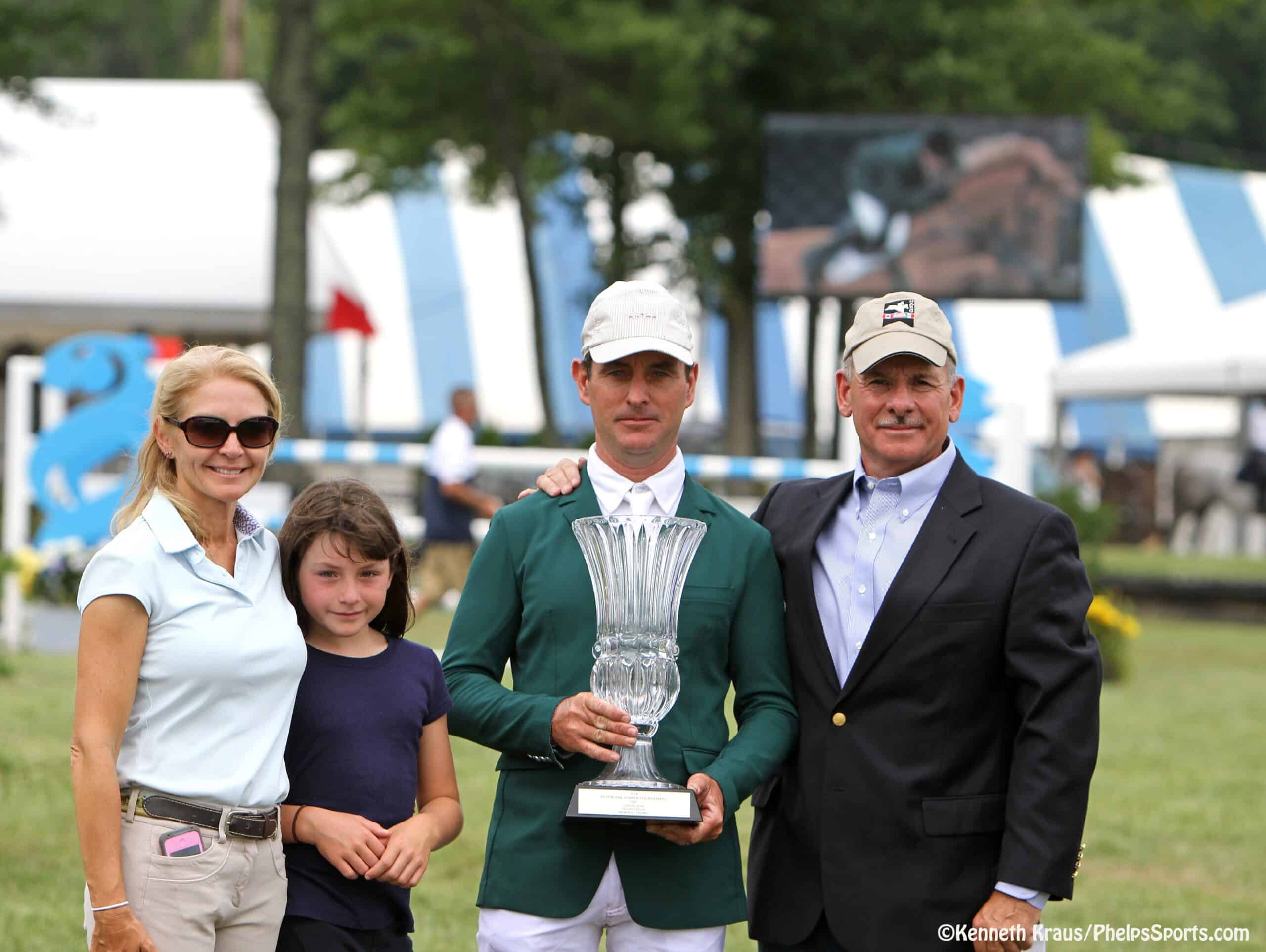
One of the themes that emerged in my talk with Jeff was bona fides, and how they mattered to both of us. There are things in the world that burn away the dross, where the truth is revealed. Things you can’t fake. Show jumping is one of them. “When you go through the in-gate and you get that beep tone, you’re on your own,” says Jeff, who’s very self-deprecating about his riding, but nonetheless held his own in the Amateur-Owner jumper ranks. “If you’ve done your homework, great. If you haven’t, you’re about to be found out.” Running a foundation is similar. “If you haven’t done anything in the sport, and you’re not around, or part of that texture, all the business skills in the world won’t be enough.”
Jeff has managed tens of thousands of people and made a career out of setting the bar unimaginably high and then clearing it. A fair question is how did he do it? When pressed, he says his special skill is “getting people convinced they can do impossible things.” He brings that skill to bear as the CEO of the Kevin Babington Foundation. In the beginning it was trial by fire; he didn’t have a background in spinal injury recovery. But Jeff’s a quick study, and when friends in the community, like Missy Clark and John Brennan, asked if he’d run the foundation, he did what he’s done his whole life: he leapt at the challenge, and managed to keep Missy and others very much involved. Anything for his brother. And for the other people he knew the foundation could help.
In short order, he’d read every seminal clinical article on spinal injuries from the past 15 years. He learned where the best and brightest work, and started working with them, at places like the Shepherd Center for rehab in Atlanta and the Miami Paralysis Institute. He’s taken over the funding of medical recovery processes for Kevin and other severely hurt riders, like beloved grand prix rider and trainer Kim Prince. Jeff’s helped shape the discussion and the development of safety enhancement for equestrians in his fight for the mandatory implementation of protective air vests. He’s founded and run the Silver Oak Jumper Tournament, a premier show jumping event that in turn raises money for the foundation. And he’s done it all on his own dime. Silver Oak and the Kevin Babington Foundation are powered 100% by volunteers. And that includes Jeff, who receives no salary—as Jeff says, “not even a chicken salad sandwich.” He proudly points out that the foundation’s overhead is only 6%, whereas the average for non-profits is 39%. “If you give me a dollar, I’ll spend a dollar—helping the people that need the help,” he says. Donors can rest assured that their donations go 100% to the work the foundation does.
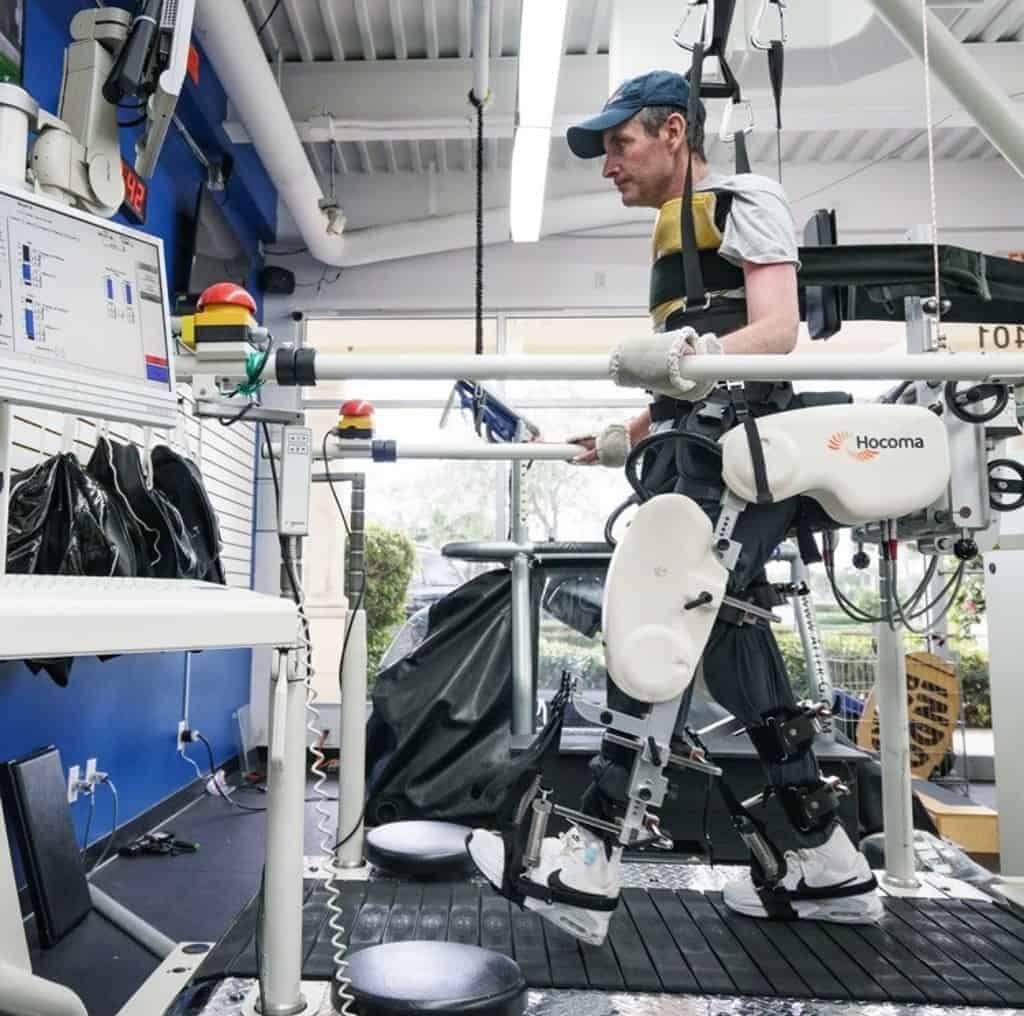
And a large part of that work results in Jeff being at the forefront of emerging technologies, therapies, and initiatives. Jeff is a walking and talking database for spinal injuries, treatment, and recovery. He talks about “dancing molecules,” which are being used as targets to focus healing stem cells at the site in the damaged spine where they’re most needed. Jeff calls it “Velcro for stem cells,” because without this targeting method, the stem cells dissipate and miss their mark. A firm believer in air vests (form-fitting suits that work like air bags), he pushes for their adoption and works with the indomitable Victoria McCollough, who’s working to institute “something called Kevin’s Law that would make it illegal to enter a show ring in the state of Florida without an air vest.”
Jeff knows that developing even better therapeutics and establishing air vests as the standard will take time, “but the longer it takes, the more people that are going to be in catastrophic need of help.” He knows our lives depend on it. And that’s why he’s fighting and working to make sure the foundation has the funding to provide access to the best doctors and the best facilities, with the most cutting-edge treatments… or the therapies to make quality of life a little bit better, every step of the way. And that’s why prevention stands out as such an important piece of the puzzle. “I mean, the air vest is such a simple supplement to one of the world’s most beautiful sports that also, as you well know, concurrently happens to be one of the world’s most dangerous.” Jeff’s tone changes again as he somberly says, “Do you know that there are more catastrophic injuries in show jumping than in professional football?” You can feel that he isn’t just speaking as the head of a spinal injury recovery foundation, but also as a rider himself, and a man who loves the people he helps.
Jeff has led a successful life and career by problem-solving, by connecting the dots, and rallying people around a cause. His life’s work has prepared him for what is perhaps his greatest challenge: manning the helm of the Kevin Babington Foundation and Silver Oak. It almost seems fated. And it requires all of his talents, along with relentless vigilance. Jeff is pointed when he says, “I have to think about having the Foundation solvent enough to deal with things five years from now—not next week or month or next year—because these injuries are long-term. I have to have that funding available so I can make decisions predicated on what’s good for Kevin or Kim or somebody else. I mean, I lose sleep. My nightmare scenario is I’m not five years ahead of where I need to be. That’s what keeps me up at night.”
Kevin, Kim, and other severely injured riders have a long road ahead of them—and Jeff is by their side every step of the way. Let us continue to support them, and the Kevin Babington Foundation’s efforts. After all, it speaks to the attributes that make our equestrian community so special—we are undeniably tight-knit, and we protect our own.
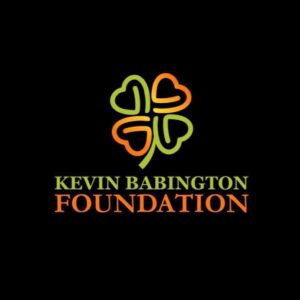
I believe Jeff is the riders’ advocate, ambassador, and guru that we all need. And I say “we” because I will always be an equestrian (and a rider) in my heart. Our equestrian community needs him and needs the foundation in our corner. We all know when we walk in the ring, that we are putting our lives at stake. It’s not the first or the second or tenth thing on our minds, but we know.












